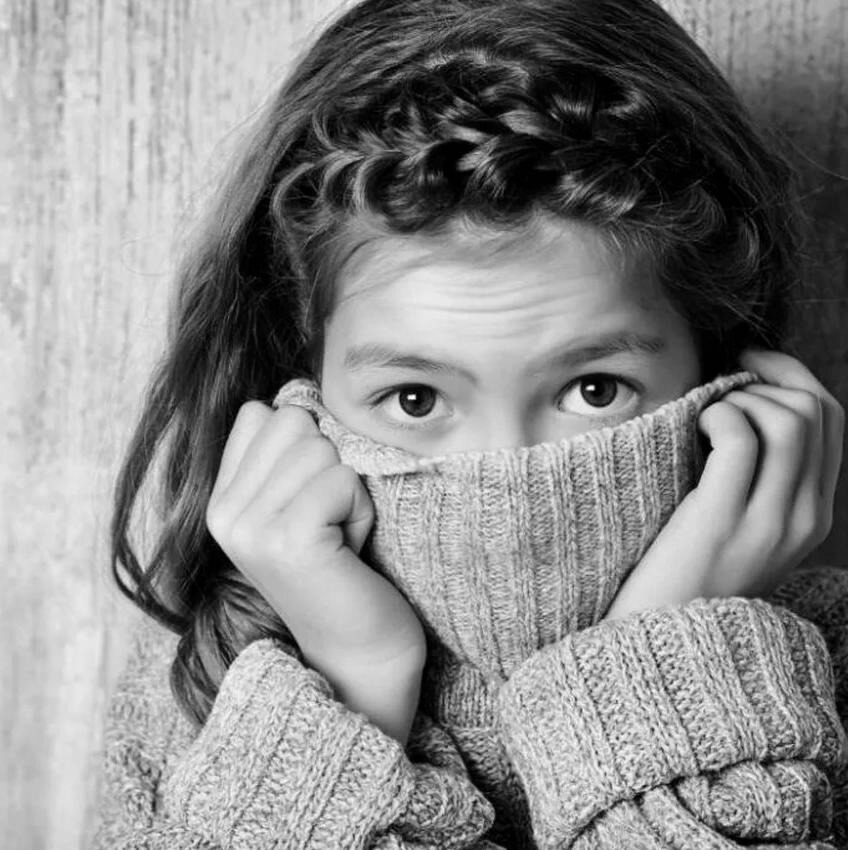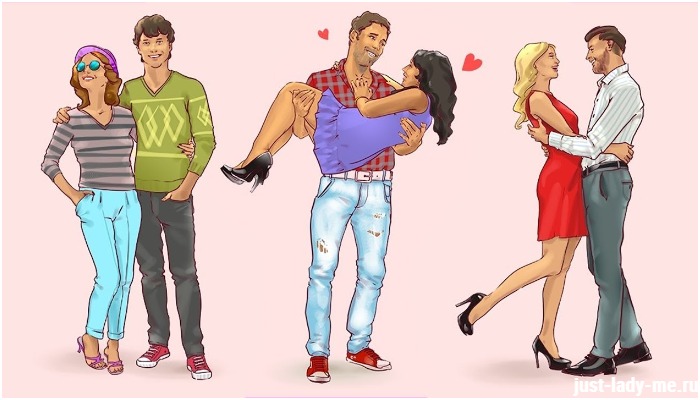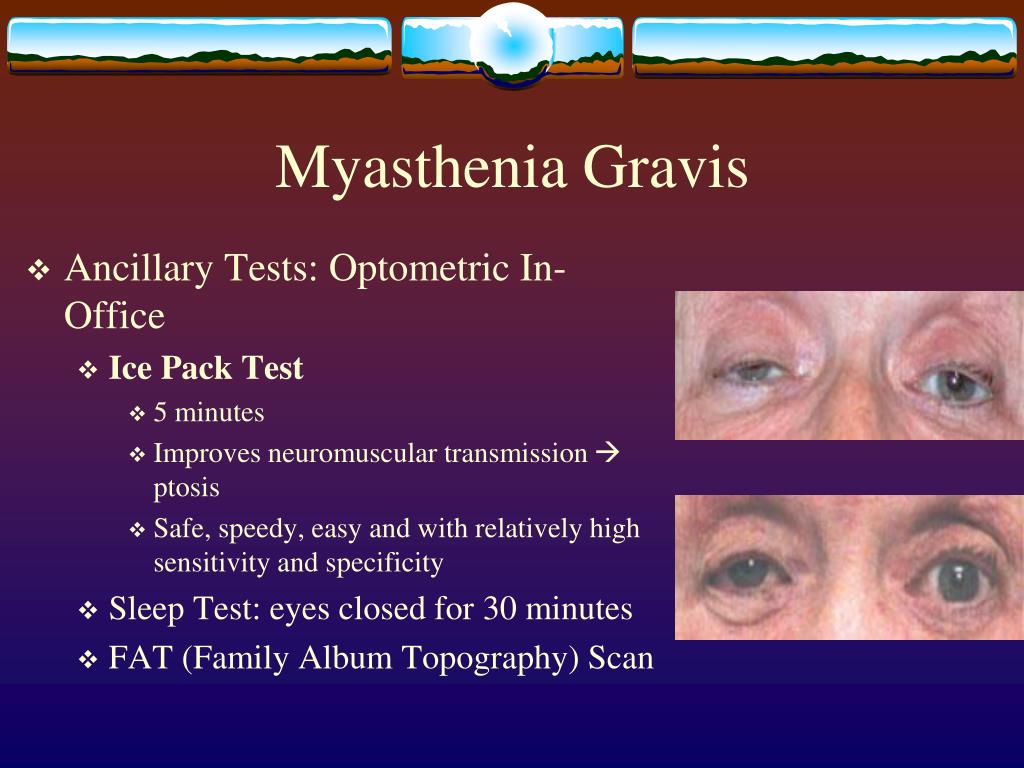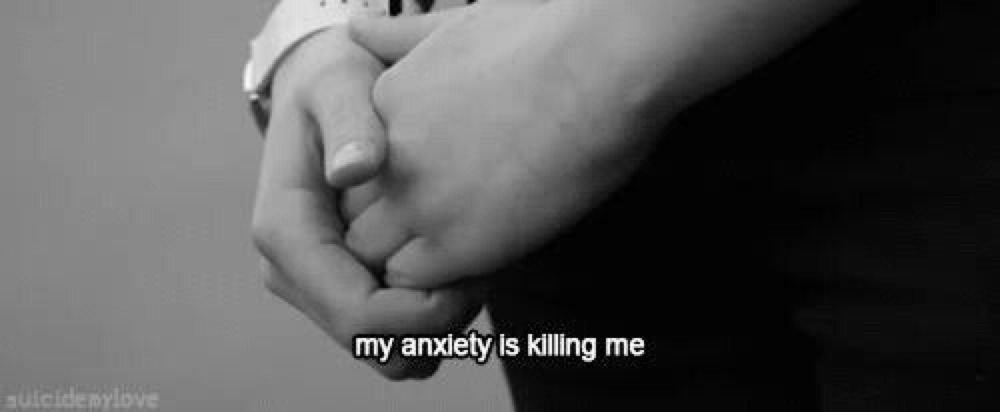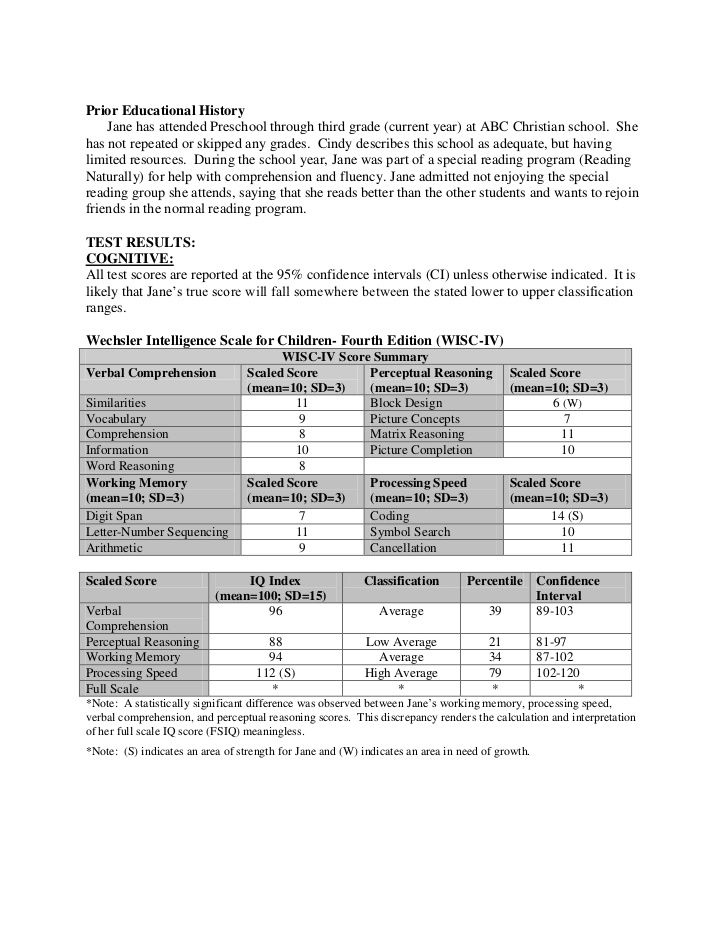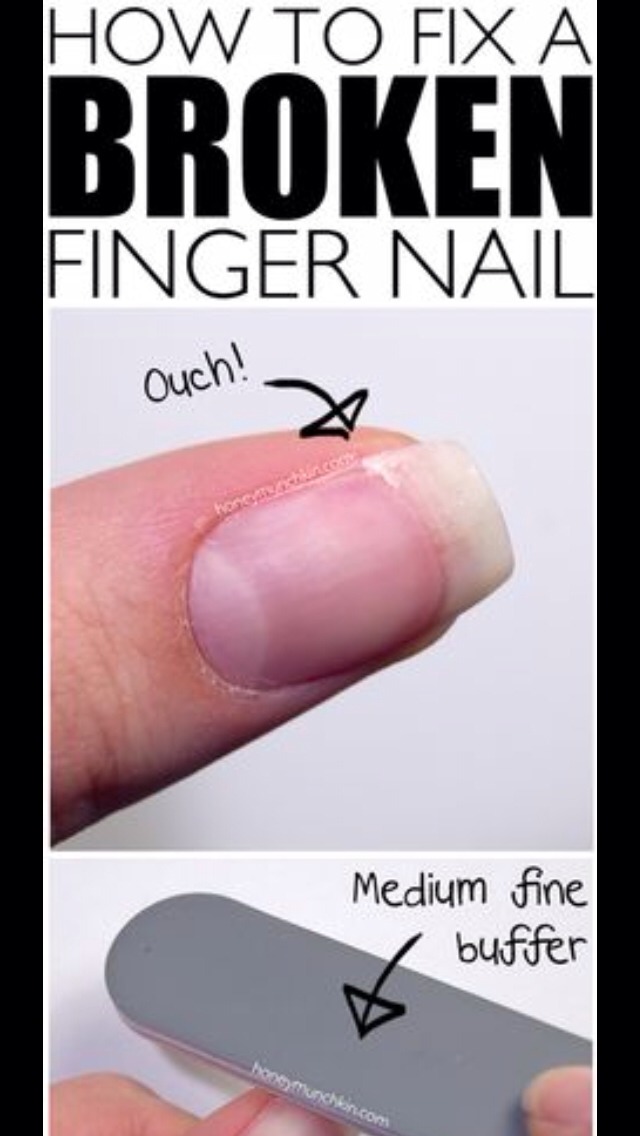Overcoming childhood shame
How I Healed Myself of Shame
APR. 18, 2018
By Beverly Engel, LMFT
I can’t remember a time when I didn’t feel shame. But I do have evidence that there was once a time when I was shame free. I have a photograph of me as a little baby, smiling with a twinkle in my eye. I look radiant and filled with joy. I have another photo of me at four years old, in which I am frowning, and I look defiant and lost. The twinkle in my eye has been replaced with a dark, empty look.
What had occurred that had taken away the joyous smile on my face and replaced it with darkness, emptiness and hatred?
The answer: shame. Shame replaced my innocence, my joy, my exuberance for life. Shame caused me to build a wall of protection and defiance. Who was I defending myself against? My mother, a woman who was so full of shame herself that she couldn’t help but project it onto me.
After being neglected and emotionally abused by my mother, sexually abused at nine and raped at twelve, I found myself riddled with shame and the belief that I was unlovable and rotten inside. I began acting out by shoplifting. I was angry at my mother, the men who had abused me and at all authority figures. I wanted to get back at everyone who had taken advantage of me. After I was finally caught and brought home in a cop car, my mother gave up on me.
Fortunately, I didn’t give up on myself. I knew there was goodness in me and I fought to find it. I turned to solitude and introspection and began to find the pieces of myself I discarded when trying to shield myself from further harm.
Here’s how I worked to heal myself and combat my feelings of shame—and how you can, too:
- Stop blaming yourself for the abuse. There is absolutely nothing a child can do that warrants a parent emotionally or physically abusing them, and there is absolutely nothing a child can do to cause someone to sexually abuse them. You did not cause your abuser to mistreat you.
- Give your shame back to your abusers.
 Parents often project their own shame onto their children, as was the case with my mother, who had me out of wedlock and felt horrible shame because of it. The following exercise will help you give your shame back to your abuser:
Parents often project their own shame onto their children, as was the case with my mother, who had me out of wedlock and felt horrible shame because of it. The following exercise will help you give your shame back to your abuser: - Imagine “going inside your body” to look for shame. Some see shame as a cloud of blackness. Others, as an ache in their stomach or a pain in their heart. Wherever you sense shame, imagine taking it and throwing it back at your abuser(s).
- Gain an understanding as to why you behaved as you did. Instead of viewing yourself as “bad” for acting out (if you did), begin to view your negative behaviors as attempts to cope with the abuse. The following behaviors are some of the most common coping mechanisms in former victims of childhood abuse:
- Eating disorders: bingeing, compulsive overeating and emotional eating.
- Self-injury: cutting, burning, head banging or any other form of self-harm.
- Difficulties with sexual adjustment: sexualizing relationships, becoming hypersexual, avoiding sexual contact or alternating between these two extremes.
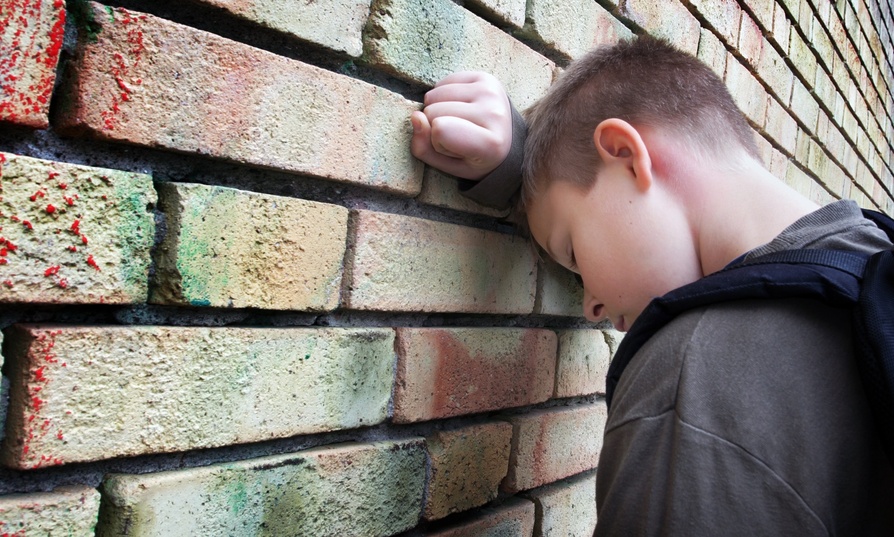
- Show self-compassion. Compassion is the antidote to shame. It acts to neutralize the poison of shame, to remove the toxins created by shame. The goal is to treat yourself in a loving, kind and supportive way. Think of a phrase to soothe and encourage yourself, look at yourself in the mirror, make eye contact and say this phrase with certainty.
- Provide yourself with forgiveness. Self-forgiveness is different from letting yourself off the hook or making excuses for negative behavior. The more shame you heal, the more clearly you’ll be able to see yourself. Instead of hardening your heart and pushing people away, you’ll become more receptive to others. It’s important to work towards forgiving yourself for: the abuse itself, the ways you hurt others because of your own abusive experiences, and the ways you have harmed yourself.
Don’t let shame take over your life. It took me many years to rid myself of the shame that followed me nearly all my life. The important thing is that you just begin to heal your shame, so it doesn’t dictate your life.
The important thing is that you just begin to heal your shame, so it doesn’t dictate your life.
Beverly Engel has been a practicing psychologist for 35 years and is an internationally recognized psychotherapist and acclaimed advocate for victims of sexual, physical, and emotional abuse. She is the author of twenty-two self-help books and Raising Myself: A Memoir of Neglect, Shame, and Growing Up Too Soon. In addition to her professional work, Engel frequently lends her expertise to national television talk shows.
We’re always accepting submissions to the NAMI Blog! We feature the latest research, stories of recovery, ways to end stigma and strategies for living well with mental illness. Most importantly: We feature your voices.
Check out our Submission Guidelines for more information.
LEARN MORE
A Brief Guide to Unprocessed Childhood Toxic Shame
Toxic shame is one of the most common debilitating feelings that people struggle with.
Toxic shame is a term that refers to a chronic feeling or emotional state of feeling bad, worthless, inferior, and fundamentally flawed. It is called toxic because it is unjust, whereas healthy shame is when we do something morally wrong, such as aggressing against others.
The origins of toxic shame
Toxic shame has its roots in trauma. Trauma is a word that people either dont think much about or they associate it with something extreme, like broken bones or severe sexual abuse. While these things are indeed very traumatic, there are a lot of traumatic experiences that people dont recognize as trauma. Thats why many people struggle to understand how things like childhood neglect can be a form of abuse and trauma.
In most cases, it is trauma a person experienced in their childhood and adolescence. Moreover, this trauma was experienced in a repeated fashion and wasnt processed as such nor healed. So the person was conditioned into routinely feeling ashamed when there was nothing or very little to be ashamed of.
Regarding toxic shame specifically, it develops because an individuals primary caregivers or other important figures routinely shamed, or punished them either passively or actively. Such a person internalized those hurtful and untrue words and behaviors, and it became their understanding of who they are as a person.
Toxic shame beliefs and emotional states
Some common beliefs a person suffering from toxic shame may have include:
I am unlovable; I dont matter; everything is my fault; I cant do anything right; I dont deserve good things; I was a bad child; I deserve to be treated the way others treat me; Im a bad person; my needs and wants are not important; nobody likes me; I cant be myself around others; I have to hide my true emotions and thoughts; I’m never good enough.
We explored the topic more in a previous article titled 5 Beliefs People with Adverse Upbringing Have about Themselves.
It is common for a shame-ridden person to also suffer from chronic anxiety and low self-esteem. Some people cope by hurting or not taking care of themselves, while some hurt other people and become highly antisocial and narcissistic.
Some people cope by hurting or not taking care of themselves, while some hurt other people and become highly antisocial and narcissistic.
Toxic shame is often accompanied by toxic guilt, where the person feels unjust responsibility and guilt. So the person not only feels ashamed, but also guilty for things they are not actually responsible for. They also feel responsible for other peoples emotions, and feel ashamed and guilty when other people are unhappy, especially if its in some way related to them.
Its common that shame-ridden people lack a sense of self and are dominated by their false-self, which is a combination of adaptation techniques and coping mechanisms that they developed to deal with their unresolved trauma. As I write in the book Human Development and Trauma:
This early erasure of self often develops into an internalized practice of self-erasure in later life, or various other emotional problems like the inability to name emotions, the presence of guilt or shame about feeling emotion, or a general numbness surrounding emotion.
Toxic shame behaviors
Lack of healthy self-love. Because such a person usually suffers from low self-esteem and overt or covert self-loathing, these things manifest themselves in poor self-care, self-harm, lack of empathy, inadequate social skills, and more.
Emptiness. The person also feels chronic emptiness, loneliness, and a lack of motivation. They dont want to do anything, dont have any active goals, and do things only to distract themselves from how they feel.
Perfectionism. A lot of people who struggle with toxic shame are also highly perfectionistic because as children they were held to unrealistic standards and punished and shamed for failing to meet them.
Narcissism. On the other side of the spectrum, there are those who develop grandiose fantasies about how they will become rich, famous, powerful, and conquer the world, believing it will make those painful feelings go away, which is not what happens even if they succeed.
Unhealthy relationships. Many people suffering from toxic shame have unhealthy relationships because they dont know what a healthy relationship looks like. Or they are incapable of building and maintaining one.
Usually they settle for a good enough relationship, where both parties are highly unhappy but are too weak, in their own way, to pursue true happiness. Sometimes, again, its because they believe they dont deserve anything better. Also, the relationship is a decent way to cope with all the unbearable painful feelings that come up when the person is alone.
Susceptibility to manipulation. Since they are ridden with toxic shame, guilt, loneliness, and inadequacy, manipulators can push those exact buttons to make them feel those exact emotions and then they will do what the manipulators want to get rid of that painful emotion.
Why are you hurting me? Dont you want to be a part of us instead of being a lonely loser? This product will finally make you look beautiful. Its all your fault. There are many examples of things abusers and manipulators say.
Its all your fault. There are many examples of things abusers and manipulators say.
Summary and final words
Children who experience trauma often feel shame. Since this shame is usually unidentified and unaddressed, the child grows into an adult who suffers from a chronic shame.
Toxic shame is closely related to other emotional states and beliefs, including low self-esteem, self-loathing, chronic guilt, unresolved anger, and never feeling good enough.
Consequently, these mental states result in unhealthy behavior, including acting out, hurting others, feeling responsible for others, self-erasing, having toxic relationships, poor self-care, poor boundaries, being overly sensitive to other peoples perception of them, being susceptible to manipulation and exploitation, and many others.
All these painful, unprocessed emotions actually belong in the context of their childhood environment where they were initially hurt and violated, but they are currently unable to make that connection and resolve it, so they deal with them in the ways they learned: actively or passively hurting themselves or others, or both.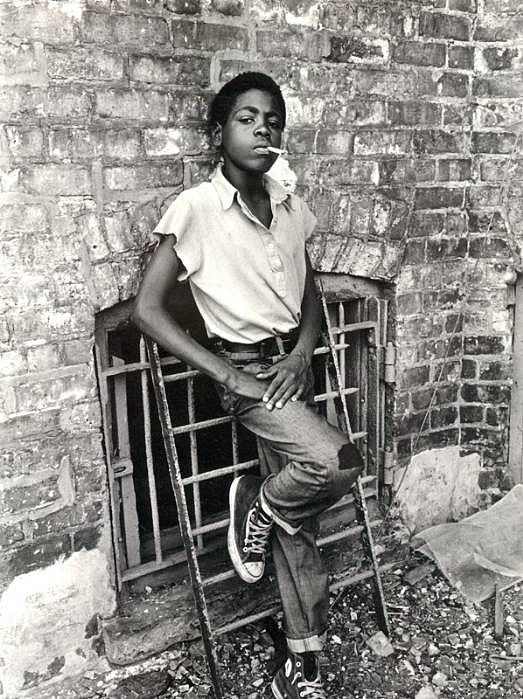
Why the feeling of shame only spoils the child, and does not educate him
Shame combines a bunch of negative emotions. Fear, anger, depreciation and self-hatred. And it’s unlikely that the phrases “shame on you!” helped anyone at least once! or “have you completely lost your shame?” Psychologist and mother of many children Katerina Demina explains why shame will never teach a child anything and how to distinguish shame from other feelings.
From shame, I want to fall through the ground, evaporate, disappear. From shame they burn to ashes and turn into stone. And, as you might guess, a person is ready for a lot, just not to feel anything like that. Especially when you are a small child and do not understand well what is expected of you.
Shaming is one of the easiest and most effective ways to get a child to obey. Hidden in this action is a threat to exclude the child from family members, from the community of “friends”, people who deserve to live. Actually, shame is formed (in the norm) for this purpose: to force a person to comply with the cultural and social norms adopted in this place and at this time. If you don't follow the rules, we'll kick you out, we don't need criminals here.
If you don't follow the rules, we'll kick you out, we don't need criminals here.
But a two-three-year-old person is still too small to, firstly, know and accept all these complex and ornate circumstances, and, secondly, he is not yet able to restrain various impulses of his nature, he simply has nothing to do this. The control and the volitional sphere of the psyche are not yet ready, not ripe in order to control his actions. It is believed that conscience and self-control more or less begin to function by the age of seven. And for a child with attention deficit hyperactivity disorder, for example, even later.
When a child begins to understand what shame is. And how it appears
It is absolutely pointless to shame preschoolers, especially in the form adopted by us: “Oh, you ugly, how can you not be ashamed, why did you spill milk and scatter cereal all over the table?”. Then, what should not have been left available, dear parents. And now he is not ashamed, because he does not understand what social norms he violated (and you understand, can you quickly name?).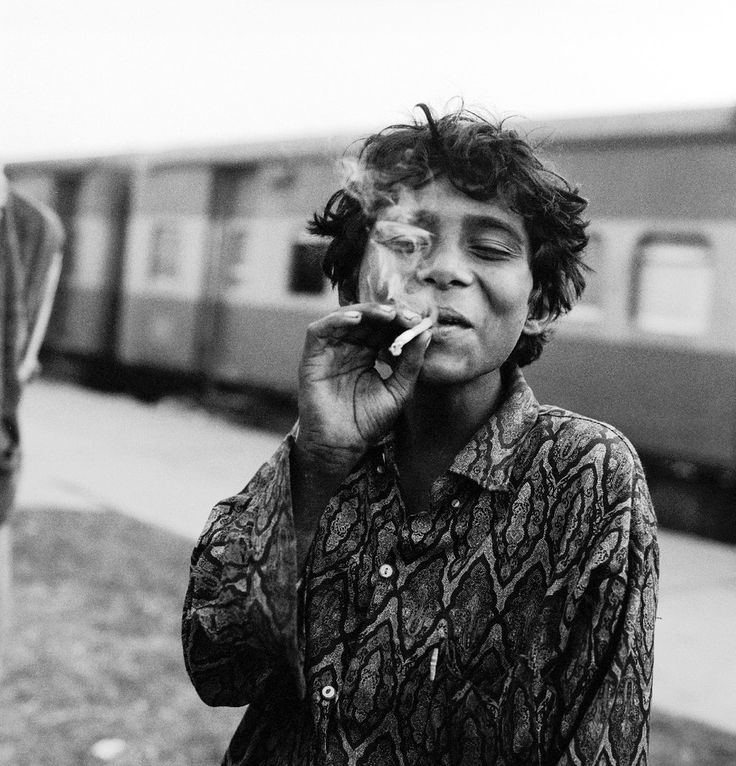 He is just very scared to see your anger.
He is just very scared to see your anger.
Rhetorical questions “Why? Why did you do it?" bring even more chaos, because it is not clear what to answer. I spilled it and scattered it because I wanted to make myself breakfast while everyone was sleeping, but the milk bag was too heavy, and the cereal box was open in an inconvenient place. And then it was too late to correct something...
The main educational task of parents of children from two to seven years old is to teach, not to punish , show the right ways, do together.
The child grows up, starts going to the kindergarten, gets acquainted with the rules of behavior in the children's group. It turns out that you can "let your comrades down", for example, by eating slowly, or dressing, or not sleeping - but everyone is punished. Circle guarantee. Few people understand where all these educational tricks “one for all, and all for one” came from. But again and again: a burning feeling of shame when you stand in front of everyone in your shorts, you are scolded and humiliated, and your friends laugh, mainly from relief that they were not spotted this time.
And parents can rack their brains that this child goes to the garden for two days - then he gets sick for three weeks. Unbearable because. Moreover, watching someone being tortured evokes exactly the same internal reaction as the victim. That is, your child may not have been put naked on the windowsill, but if they put someone else, he is also traumatized by this.
And in this case, "shame" does not educate anything, does not teach anything. The child is ashamed, scared, he is defenseless and powerless. The only thing he wants is to curl up into a ball and hide from the eyes so that no one can find him. And fear blocks all cognitive and thought processes, did you know about that? A shamed child is unlikely to learn a lesson. Rather, learn to lie, hide and dodge.
When we grow up, we learn the rules of behavior, explicit and hidden norms, laws and concepts. We observe something because we are afraid of punishment, something because we accepted with all our hearts that “it’s so right. ” An adult mature person is guided by a long-established system of ideas about what is good and what is bad. It's called morality. Or, like a second-grade boy, he can run a red light if he is sure that no one sees him. Or he convinces himself that everyone does.
” An adult mature person is guided by a long-established system of ideas about what is good and what is bad. It's called morality. Or, like a second-grade boy, he can run a red light if he is sure that no one sees him. Or he convinces himself that everyone does.
What is the difference between a sense of shame and a sense of guilt
With proper upbringing, a child should develop a sense of responsibility for his actions and the ability to feel guilty if he messed up. Guilt differs from shame primarily in that it is not “I am bad, worthless, terrible, I have no place among people”, but “I am good, but now I did badly, but this can be fixed.” Feeling guilty, you can apologize, try to make amends: "I accidentally broke your toy, I'm very sorry, if you want, take any of mine." With the guilty person, you want and possibly continue the relationship, put up with it.
There is no way out of shame. The only thing that can be done is to atone with blood. And even then it’s not a fact that they will be accepted back
That’s why shame is the last line of defense, something that keeps you from really great deeds.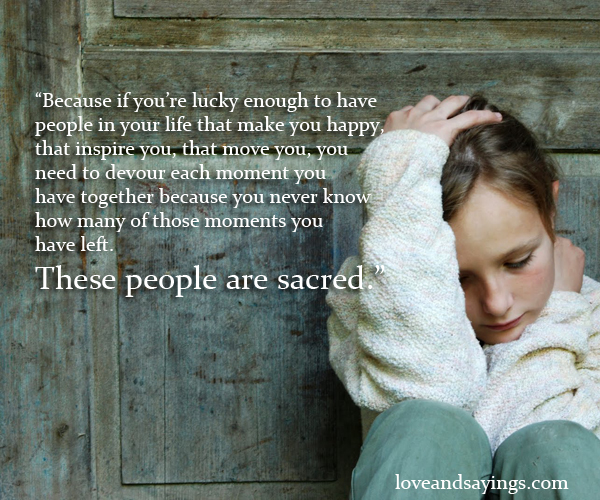
Guilt has remorse. When we get older (and, in theory, more mature), we accept obligations and are ready to answer for them. Guilt is sadness, regret. We are upset that we hurt or made someone uncomfortable. It is on this circumstance that emphasis should be placed, explaining to the child what his offense is. “Look, you forgot about your mother’s request, although you agreed to help her. Mom was very upset when she came home from work and saw that the dishes had not been removed.” There is a quick and easy way out of this situation: "Sorry, mom, I'll do everything now!".
“What kind of scoundrel are you, your mother is killed all day at work so that you have everything, and you can’t tear your ass off the sofa to help her!” is the road to nowhere.
What is important for all parents to remember
- To shame a small child is only to frighten him, he does not understand what you want from him. Explain in simple words, name actions and emotions, teach.
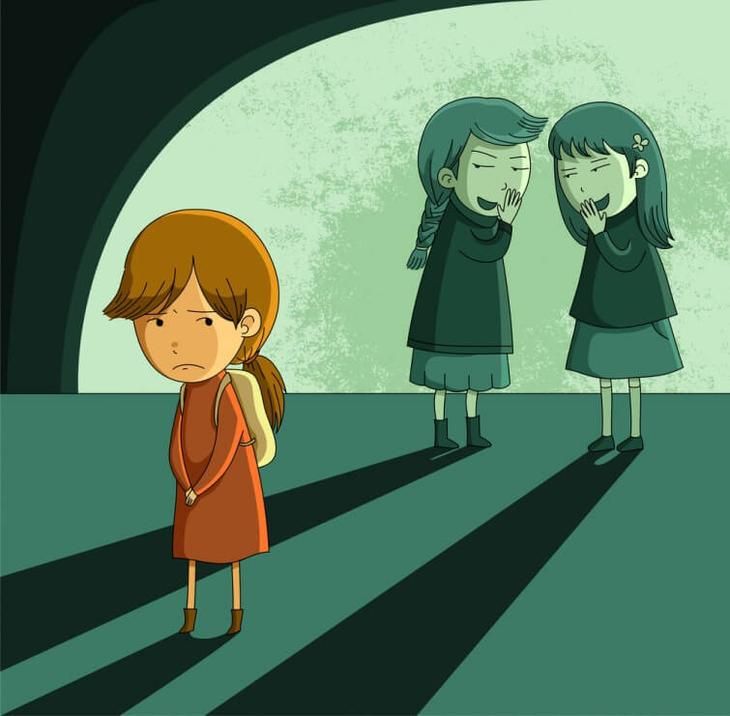
- Conscience as an internal moral regulator is formed closer to seven years.
- The feeling of shame appears in a mature person from the inside, this is the most powerful limiter that keeps us from immoral acts. Using it to correct a child's behavior is pointless and cruel.
- Learn for yourself and teach your child the magic phrase that allows you not to fall into shame when they try to drive you there: "Not all value judgments are behavior modifiers." In other words, not everything that is said about you should make you change.
Photo: ISSTOCKPHOTO (Volkovslava, Dolgachov, Giuda90)
Image on the cover: Istockphoto (LightfieldStudios)
Steps. let go of the negative emotions that keep you from being yourself.Share
0We experience these emotions every day, and they interfere with us
Fear and shame manifest themselves in different ways in life, for example:
- We are dissatisfied with ourselves and our body, we are ashamed of our appearance.

- We procrastinate and get distracted, and then we are ashamed of our inattention.
- We forget to exercise, read or eat right and are ashamed of it.
- We rarely call close people and are ashamed again.
- We are afraid of the unknown and get nervous when things don't go according to plan.
- We get excited when we perform in front of the public. Because of this, we perform worse and are ashamed of ourselves.
- We are afraid to tell the truth or start talking frankly because we are afraid of the consequences.
- We avoid difficult tasks because we are afraid of discomfort.
- We are nervous about an upcoming trip, meeting, party or project because we are afraid that something will go wrong.
Think about what your life would be like without these feelings. Imagine what kind of person you would be. What would you do differently if fear didn't stop you? Perhaps you would take more risks in business, try yourself in something new, not put off the difficult for later, not worry so much about the future.
Without being ashamed of yourself, you would be more confident and easier to talk to strangers. You would live your life in the present moment, and not dwell on past actions. You would be easier to relate to your mistakes.
Fear keeps us from doing what we want. Shame causes dissatisfaction with ourselves and our lives, prevents us from being happy.
Life without fear and shame will be more calm and confident. Learn to let them go when they appear. Then they will no longer control you.
How to get rid of them
Step 1
Notice how you feel when you are afraid or ashamed. Don't judge them, just watch. Remind yourself that this is not a problem, just a body reaction. Don't focus on her. You will notice that these emotions are not so scary and there is no reason to hate them.
Step 2
Be curious about how you feel. What do they look like? What provoked them? Perhaps you are ashamed of yourself because you don't like something about yourself. Where did this discontent come from? For example, you feel like you have to be perfect in everything, or that you have to be in complete control of your life.
Where did this discontent come from? For example, you feel like you have to be perfect in everything, or that you have to be in complete control of your life.
Step 3
When you have identified the cause, reduce its effect on you. Think about whether there is any benefit from your perfectionism? Does it bring harm? Why did he appear? Where would you be without it and the shame that goes with it? Imagine yourself free from shame or fear, content with yourself and at peace. “Try on” this state like new clothes.
Step 4
Now check what it's like to live in this state. Do you feel more confident, happier? Are you satisfied with yourself? See what will change. How will you act when you are not limited by shame and fear?
Naturally, this process takes time. You won't be able to free yourself immediately. Repeat these steps whenever you face fear or shame. Gradually, you will let go of what is preventing you from living a fulfilling life.
Read also 🧐
- 9 things you shouldn't apologize for.
